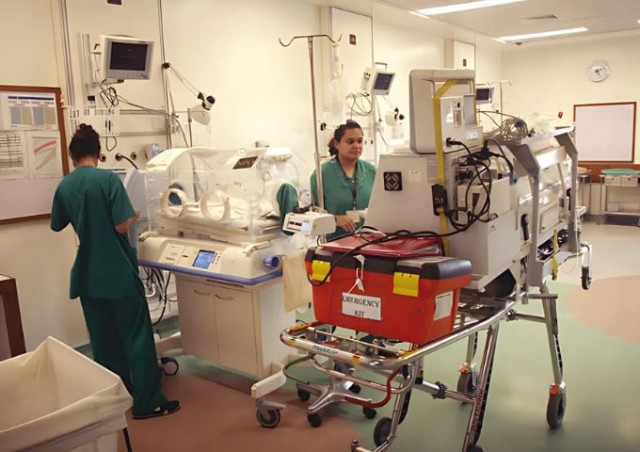US health officials warn of rising walking pneumonia cases in young children
Walking pneumonia cases are rising sharply in U.S. children, prompting health officials to issue important warnings.

Health officials in the United States are sounding alarms as cases of walking pneumonia, caused by the bacteria Mycoplasma pneumoniae, surge among young children.
The Centers for Disease Control and Prevention (CDC) reported an increase in bacterial infections since late spring, with a notable rise in diagnoses of M. pneumoniae-related pneumonia and acute bronchitis.
This trend has been particularly pronounced in children aged 2 to 4 years, a group historically not recognized as a major risk for this type of pneumonia.
By late September, nearly 7% of emergency room visits for pneumonia in this age group were linked to the bacteria, although this figure was slightly down from over 10% in August. The CDC identified the central U.S. states, from Texas to Iowa, as experiencing the highest rates, but other states, including Wisconsin and Illinois, have also reported unusual pneumonia cases in children and young adults.
Experts note that Mycoplasma pneumoniae is a human pathogen primarily responsible for respiratory infections, and while it can lead to various complications, around 10% of affected children may also exhibit skin rashes.
The CDC has observed a simultaneous uptick in rhinovirus and enterovirus cases, raising concerns as colder weather approaches and more people gather indoors for the holidays.
Dr. Marian Michaels from Children's Hospital of Pittsburgh commented on the situation, indicating that while numbers are rising, they remain below pre-pandemic levels.
She emphasized the need for careful monitoring, particularly as pediatric pneumonia hospitalizations in some areas have increased by 30%.
Walking pneumonia is often characterized by milder symptoms than traditional pneumonia, leading to potential delays in diagnosis.
According to Dr. Matthew Isaac Harris, a pediatric emergency physician, children often experience a gradual worsening of cough and mild fever, making it easy to overlook.
He explains that these cases tend to spike every few years, largely due to the close quarters in which young children play and attend school.
Treatment is generally straightforward, with antibiotics like azithromycin being effective.
Parents are advised to ensure their child completes the full course of treatment and to avoid unapproved cough medications, opting instead for natural remedies like honey.
While vigilance is necessary, Dr. Harris stresses that not every cough warrants a pediatric visit; parents should monitor for worsening symptoms over a week to ten days before seeking medical advice.



















COMMENTS
Comments are moderated and generally will be posted if they are on-topic and not abusive.
For more information, please see our Comments FAQ